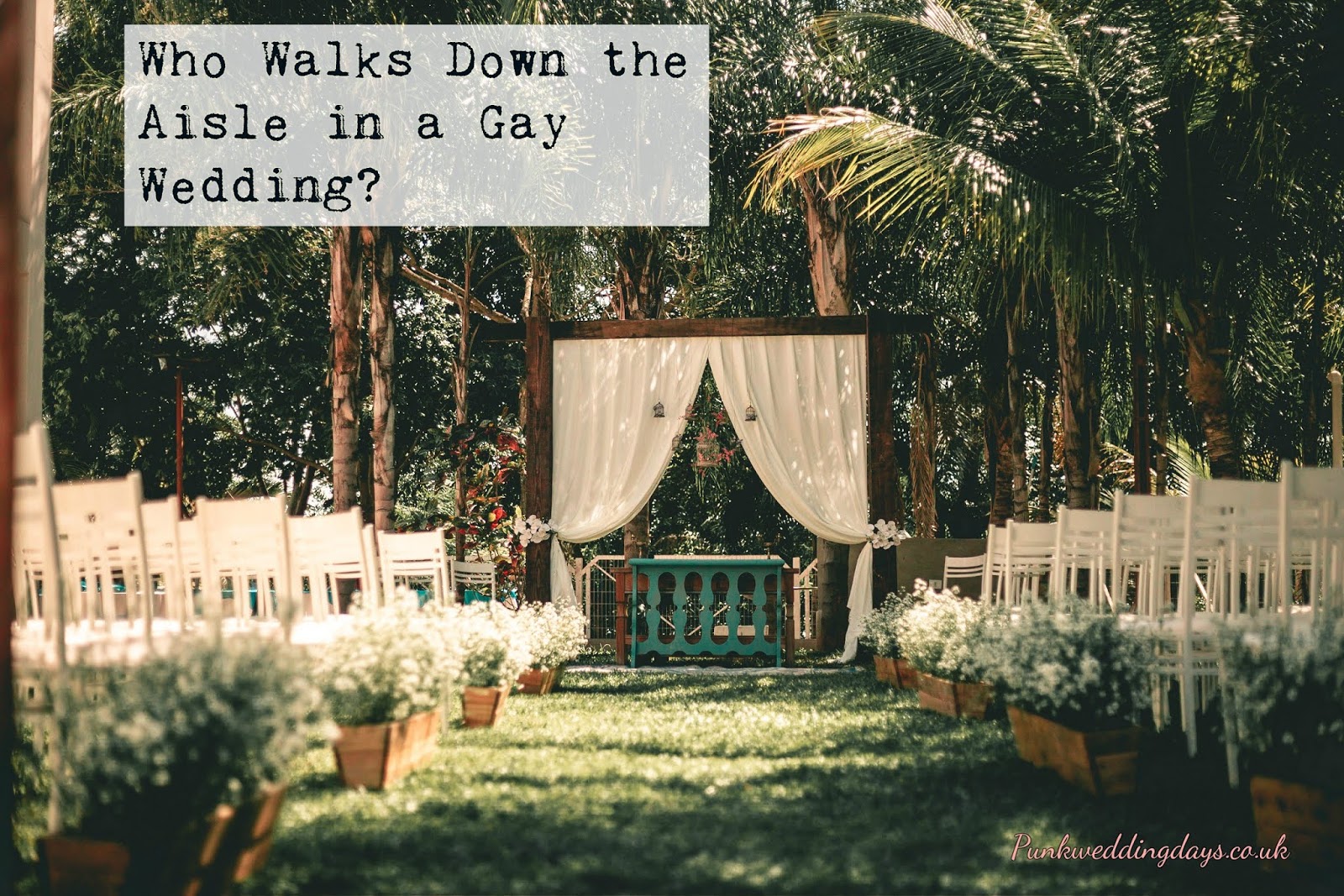Civil Partnerships Will Not be Offered to Heterosexual Couples
Heterosexual couples will not be offered civil partnerships, after a High Court challenge was dismissed.
It had been argued that the Human Rights Act 1998 makes it illegal to discriminate on the basis of gender. The Civil Partnership Act of 2004 requires that couples must be the same sex.
But the judge ruled that opposite-sex couples are not discriminated against. Legal equality, she said, is already available to them through marriage.
It looks likely, too, that the Government will consider phasing out civil partnerships altogether. Thereby making any changes to the law now both unnecessary and expensive.
There are an estimated 3 million cohabiting couples in the UK, many of whom might welcome the option of a civil union. Marriage, as an instrument of the state, does have something of an awkward history, especially for women, and it isn’t everyone who wants that association tied into their relationship.
The UK is in a unique position. Denmark, Finland, Iceland, Norway, Sweden and Ireland all abolished civil partnerships following successful equal marriage legislation.
Belgium, France, Luxembourg, Netherlands, Spain, New Zealand, Quebec and South Africa offer civil partnerships to everyone.
Only the UK gives gay couples a choice of either, and heterosexuals only that of marriage.
In 2015, The National Office of Statistics released figures showing that civil partnerships were on the decline. With this in mind, it would be interesting to see how many opposite-sex couples would consider civil partnerships as a viable alternative to marriage.
In the lead-up to the court case, 36,000 signatures were collected in support of Steinfeld and Keidan’s legal challenge. After the ruling, a Metro UK poll revealed that 70% of people believed the decision to be unfair.
The ruling will be appealed.










